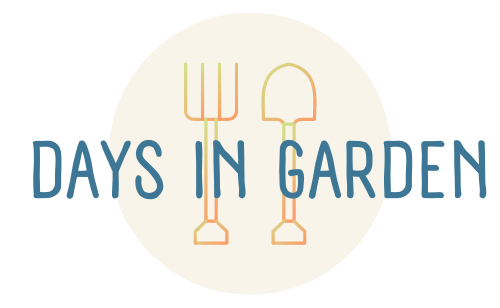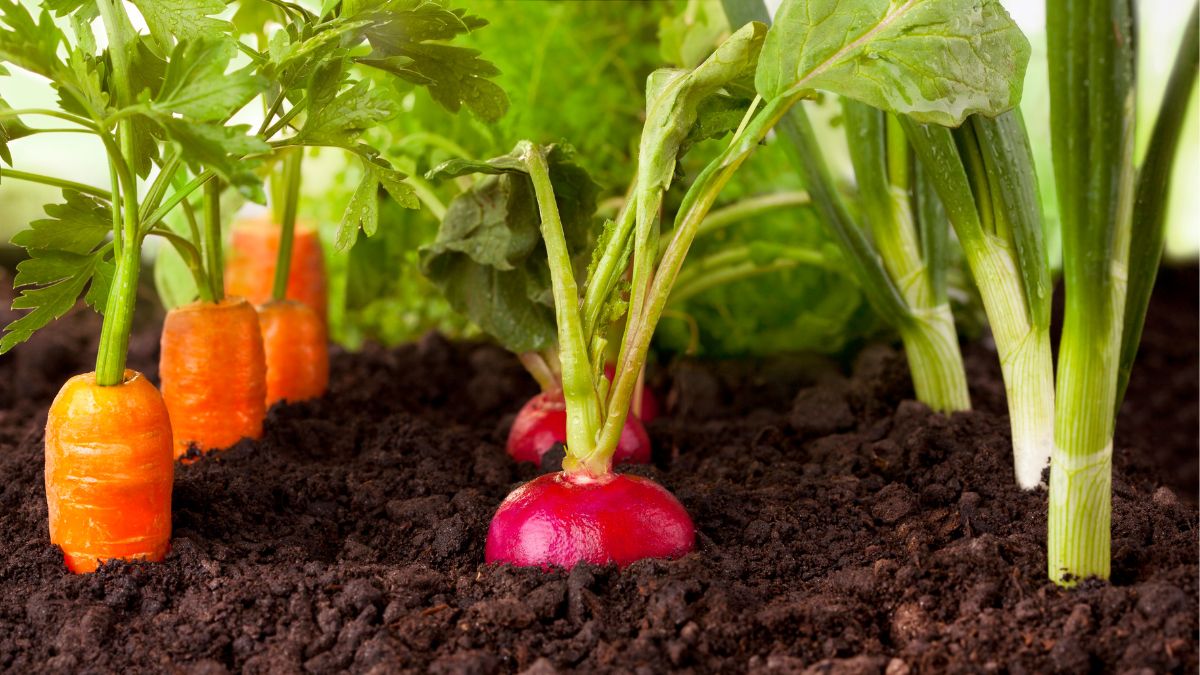Using the Best Potting Soil for a Vegetable Garden is essential for an excellent yield. With the cost of living rising rapidly, many people have opted to grow their own vegetables. Space should not be a problem as vegetables can be grown in the most limited space.
Most of us are aware of the dangers of pesticides so developing your own organic vegetable garden will ensure a pesticide-free crop. If you are a seasoned, average, or beginner gardener, the end result of your harvest can be very rewarding. However, the proper care and maintenance of your plants are recommended if you hope to enjoy an abundant harvest.
For this blog post, extensive research was done in an attempt to share some tips on practical vegetable gardening. Using the best soil will enhance crop quality and growth ensuring that you get the best out of your plantation. Have a look at the information below to learn more!
Things To Consider When Starting A Vegetable Garden?
As with any new project, there are always things to consider when starting a vegetable garden. Firstly, you would need to have a plan in place and know which vegetables would grow well in your region.
Aside from that, using the best potting soil for a vegetable garden is important if you’re after a thriving crop. Listed below are a few tips you can use for an excellent yield.
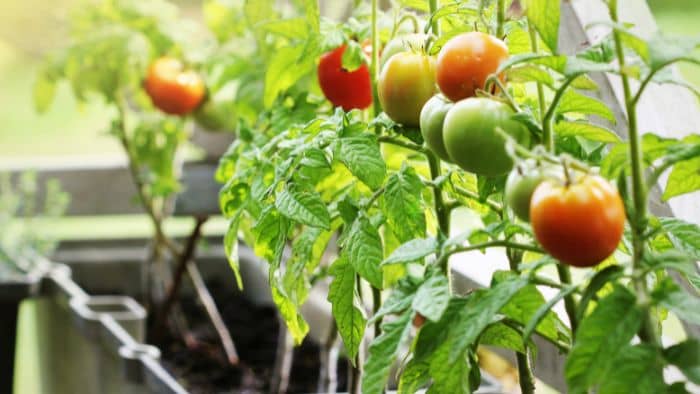
Tips:
1. Seasons – Vegetables are seasonal crops that grow well during the time of year that they favor most. You should consider what kind of vegetable garden you plan on growing and whether it will do well at the time you’re planting them. In order to avoid disappointment, it is imperative that you do some research on the planting seasons beforehand.
2. Prepare your Soil – You should start to prepare your soil well in advance. Making your own garden manure from kitchen scraps is the safest and most cost-effective way to enhance your soil. Adding organic matter to your soil at least once a year will ensure that it has good structure and drainage thus providing a much healthier environment for the vegetables to grow. You can also add organic fertilizers as a short-term booster.
3. Water Source – Vegetables need to be watered often so planting near a water source would be advantageous. Most plants need to be watered weekly with approximately 2 – 5cm of water. However, during summer, you will need to water them more often. It is recommended that you water them more than once a week with a sufficient supply. The roots need moisture. This will force the roots to grow deeper into the ground. If you are planting in containers then remember to water them more often.
4. Suitable Place to Plant – When planning your vegetable garden, remember, that for your plants to grow well and produce luscious vegetables, they will need sufficient sunlight. A minimum of 6 hours of sunlight a day is required especially in the colder areas. Also, some shade will not cause any harm to your plants.
What Is The Best Potting Soil For A Vegetable Garden?
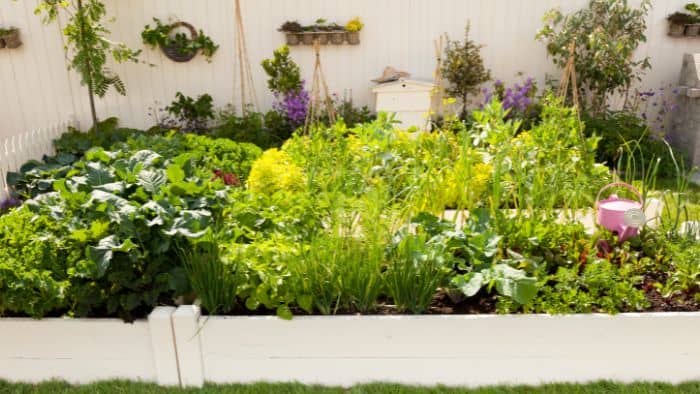
When deciding on buying potting soil, remember, that soil is the base for you to start growing your vegetables. Your plants feed off the soil so using the best potting soil for a vegetable garden lies in the mixture.
Using the right components, you can mix the soil by yourself or you can buy it already mixed from your local nursery.
If you are growing vegetables in a container, you will need to buy soil that is a bit dry but also has some moisture an inch or so below the surface. . The best potting soil for a vegetable garden is the Miracle-Gro potting soil mix. It contains all the right elements and is nutrient-rich which is excellent for vegetable gardening.
It has a combination of organic compost, coir, and peat moss and is an excellent medium for pot planting. Your local nursery should stock a few brands. Be sure to read the labels carefully before making a purchase.
Watch the next video to learn more about the best soil mixtures for vegetables.
What Are The Fasting Growing Vegetables?
It is best to be patient when growing vegetables; however, it is human nature to get impatient at times especially if you are looking to see the outcome of your hard work. I mean, whether you’re new to gardening or an already seasoned gardener, nothing beats the rewards of an abundant harvest in minimal time.
Mentioned below are a few examples of the Fastest Growing Vegetables. These can be harvested between 20 to 80 days after sowing. Remember, having knowledge of what is the best potting soil for a vegetable garden will enhance the taste of your crop if you use it to grow them.
Radish – is fast-growing and can be harvested in less than 5 weeks.
Kale – Depending on whether you’re growing direst or transplant seeds, you can harvest kale in less than 40 days.
Green onion – If you grow green onions from sets instead of seeds, they will be ready to harvest in about six weeks.
Spinach – is fast-growing and springs up from seed to lush leaves in six weeks.
Lettuce – is fast-growing and can be harvested in less than a month.
Arugula – is quick growing and can be harvested in about 6 weeks.
Swiss Chard – can be harvested in less than 60 days.
The Benefits Of A Vegetable Garden
The benefits of a vegetable garden are plenty. You can save money when you have your own garden as you will have a daily supply of fresh food. Also, you will not need to drive to the shops as often which can also be time-consuming.
To harvest the delicious crop, make sure that you use the best potting soil for a vegetable garden. This will not only enhance the yield but also give you rich-tasting vegetables from your own garden. You will also have access to healthy, organic, pesticide-free vegetables on a daily basis which is of great benefit for the whole family.
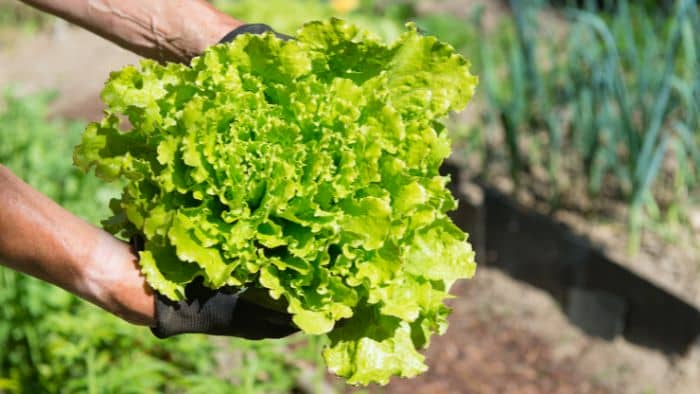
Also, if you plan on growing bigger yields then you can also sell the crops to your local community. The extra income will be beneficial as your hard work would have paid off. Working together in the garden can be beneficial as it teaches the kids the value of cultivating their own food. This can also be used as a great time to bond with the family.
Conclusion
Planning ahead, researching, and planting in the right place and time are important facts for you to consider when creating your own vegetable garden. For good quality, crops, use good quality soil. Therefore, the best potting soil for a vegetable garden is recommended.
Using soil from your backyard may not work for your garden which can leave you disappointed. Also, keep in mind the number of benefits that come with growing your own vegetables as it can save you time and money. Time in the sense that you will no longer need to frequent your vegetable store as often.
The quality of your food will improve as the freshest vegetables will be used directly from your garden because fresh is the best! With all-natural homegrown pesticide-free food that you will be consuming more regularly, your improved diet means a better lifestyle.
Click on the link to learn more about the many benefits of community gardens.
FAQs
[rank_math_rich_snippet id=”s-ea3332d5-39f0-48b4-b6e5-09e710613e81″]
